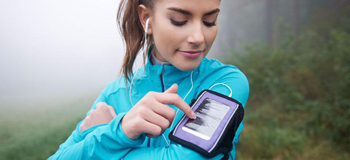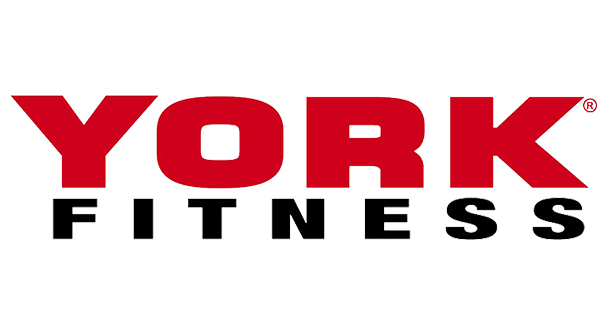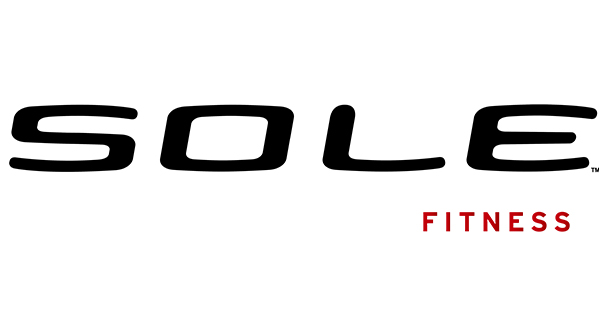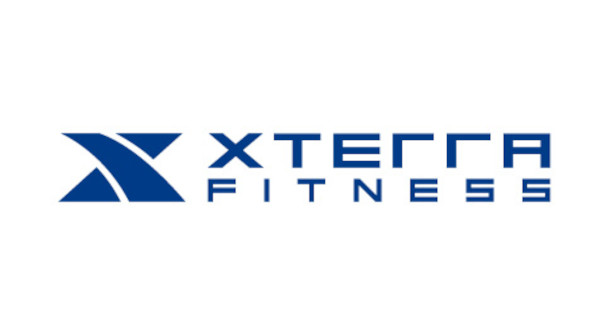Fitness Apps

In today’s tech age, we have a plethora of APPs and devices available to us through which we can track just about everything we do.
We have wearable fitness trackers such as Fitbit and Garmin, there are watches from Apple and Samsung, to name a couple, that take that even further and we have our phones with GPS etc. These devices are all designed, ostensibly, to make us more aware of our levels of activity, the distances we have travelled, our heart rates and even our elevation.
The question is, are they really helping?
Obviously, if I were selling these things to you I would answer in the affirmative. Yes, they are helping. My reasoning being that anything that lets you know how much or how little you are achieving on a daily or workout basis makes you more aware and if it is tied in with a fitness or nutrition APP like My Fitness Pal or Map My Ride, shows you how you are progressing and where you may need to improve. This is much the same as what a good personal trainer would be doing.
However, where these APPs and devices fall-down is knowledge.
To date, there is not a device or APP that allows you to input your life and your daily stresses, challenges and potential injuries.
There is nothing electronic which will then be able to tailor your training to accommodate the fluctuations of living. So, unless you are very aware or experienced in training, you may not know when a low heart rate doesn’t indicate an improvement in your fitness but could be a sign of overtraining or adrenal fatigue.
A fitness APP or wearable fitness tracker is reliant on you providing as much information as possible (within their parameters) to give you a generic, small, medium or large type programme for you to work with. If you fall outside of those boundaries then the information you are being given may not be as accurate.
It may sound as if I am anti these products. I am not. I use one myself with some of my training and find it a useful tool.
If you are going to use one then either use it as a basic guide to give you accountability in your journey, track how many kms you walk/run/cycle each week, or you use it in conjunction with a personalised training programme from a qualified health and fitness professional.
A good personal trainer will be able to advise you on how hard to work in each session, how far and or fast to run, and how to read the information generated.
In closing, remember that any tool is only as good as the person using it and there can be such a thing as too much information.






